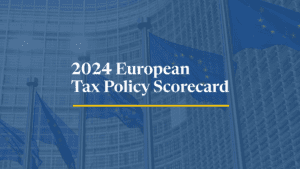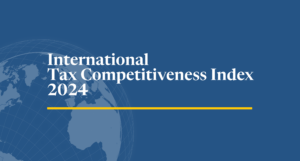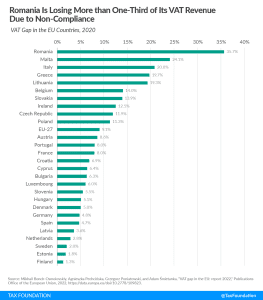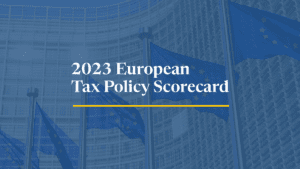The mission of Tax Foundation Europe is to promote tax policies that are stable, neutral, simple, and transparent at the Member State and EU levels.
We produce research and analysis specifically designed to inform five key debates in European tax policy: the concept of tax fairness, the twin transition of the green and digital economies, government revenue and own resources, competitiveness and productivity, and the future of taxation in the EU.
One of our flagship tools is the European Tax Policy Scorecard (ETPS), which compares the competitiveness and neutrality of each country’s tax system, explains why certain tax codes stand out as good or bad models for reform, and measures the relative impact of EU tax policy on Member States. Explore the ETPS
Featured Issues
Global Tax Deal | European Tax Maps | Digital Taxes | Carbon Taxes | Cost Recovery
Contact Us
Tax Foundation Europe Experts











